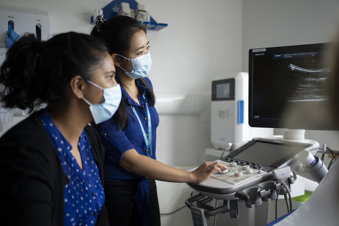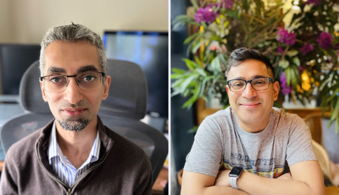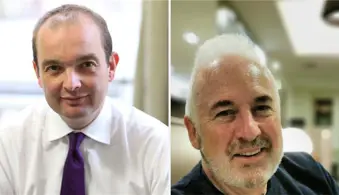| 4 mins
Latest updates
Read about our latest updates, new ventures and partnerships, recent accolades and community activities.
Filter By:
| 2 mins
RCR reacts to prostate cancer screening recommendation
| 2 mins
RCR responds to Autumn Budget 2025

| 2 mins
RCR responds to 10-year workforce plan consultation
| 4 mins
Over a quarter of breast cancer doctors set to retire within 5 years, putting patient care at risk
| 1 min
Guidance on screening and symptomatic breast imaging, fifth edition published
| 2 mins
Standards for interpretation and reporting of imaging investigations published
| 1 min
Acute oncology job planning appendix published
| 4 mins
Doctors urge Government to cut red tape blocking some patients from cutting-edge cancer treatments

| 2 mins
New Deputy Editors appointed for Clinical Radiology

| 2 mins
Sir James Duddridge and John Coughlan appointed to the RCR’s Trustee Board
| 5 mins
Royal colleges call for reform of ‘inefficient’ cancer treatment decision-making
See our latest updates, policy reports and initiatives.
News & policy